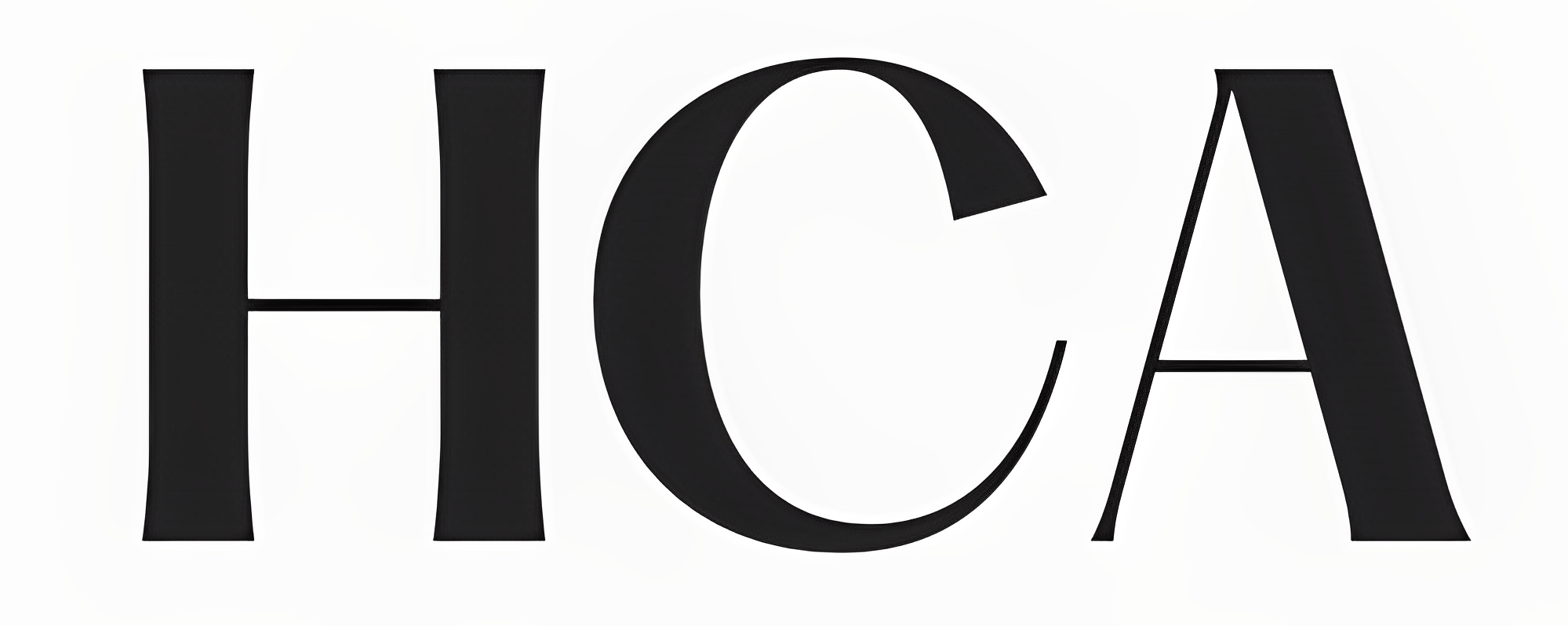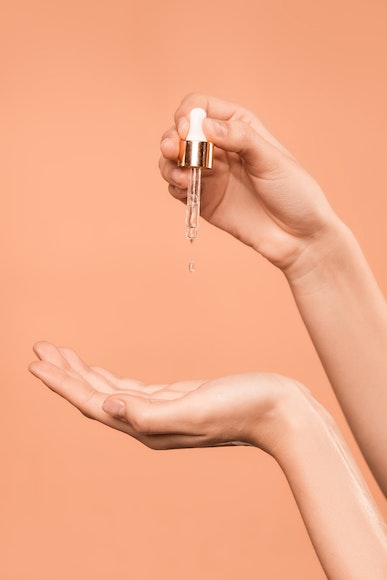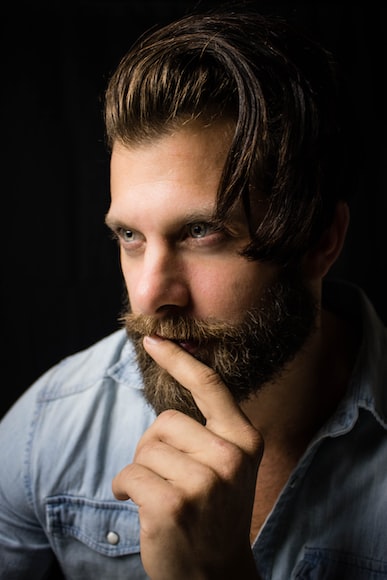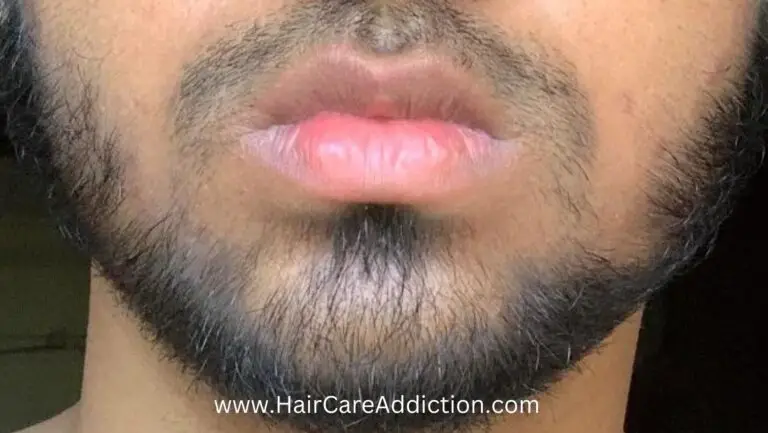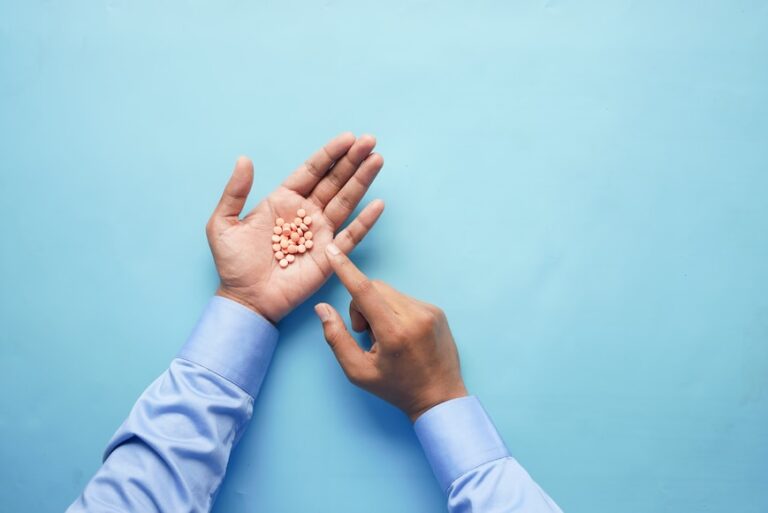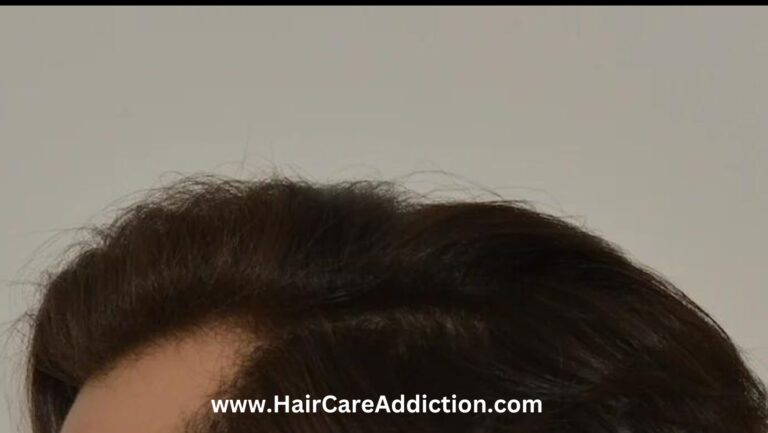Does Minoxidil Age Your Face? (Here’s What Doctor Says)
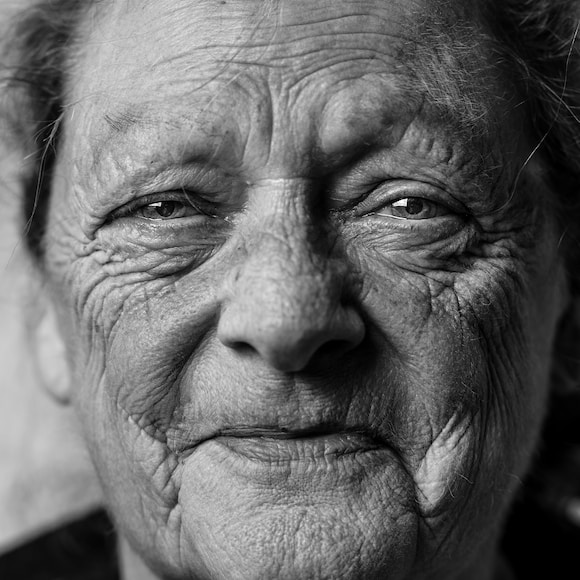
Minoxidil is a well-known medication for treating hair loss, particularly male pattern baldness.
It is applied topically to the scalp or face, where it increases blood flow to the hair follicles, stimulating hair growth.
You should know that minoxidil may cause scalp irritation, dryness, and flaking, as well as initial hair shedding, unwanted hair growth, and rare allergic reactions, which can result in dizziness, chest pain, blood pressure changes, or eye irritation.
However, forum users have reported ‘facial aging’ after using Minoxidil. Is there any scientific evidence for that? Does minoxidil really age your face? Let’s find out.
Does Minoxidil Age Your Face And Gives Your Facial Wrinkles?
The short answer is: most likely not.
There is little evidence that minoxidil contributes to facial aging or wrinkles.
According to a report published in the British Journal of Dermatology in 2004, minoxidil may reduce collagen production, which is necessary for skin elasticity and firmness, were conducted in vitro (in a lab) or in animals, rather than in humans.
Furthermore, the concentrations of minoxidil used in those studies were significantly higher than what would be obtained through topical application.
In fact, some dermatologists recommend minoxidil as a potential treatment for fibrotic conditions caused by excessive collagen formation, such as keloids or scars.
By inhibiting collagen synthesis, minoxidil may help soften and flatten these lesions.
So, if you use minoxidil to treat hair loss, you don’t have to be concerned about it aging your face.
You should, however, continue to take good care of your skin by following a regular skincare routine that includes cleansing, moisturizing, and sun protection.
Read Also: Does Minoxidil Cause Dark Circle Around Eye?
Is Minoxidil Bad for Skin?
Minoxidil is generally thought to be safe and effective for the majority of people, but it can have some side effects on the skin and other parts of the body.
Some of these side effects are minor and only last a short time, while others are more serious and may necessitate medical attention.
Some of the common skin-related side effects of minoxidil are:
- Itching or skin rash
- Acne or facial hair growth
- Burning or redness of scalp
- Face swelling
Conclusion
To summarize, there is limited scientific evidence that minoxidil contributes to facial aging or wrinkles.
The majority of studies showing such effects were done in vitro or on animals with significantly higher minoxidil concentrations than topical application provides.
Minoxidil is even recommended by dermatologists for certain skin conditions due to its ability to inhibit excessive collagen formation. While minoxidil may cause minor skin reactions such as itching, acne, or facial hair growth, it is generally regarded as safe and effective for treating hair loss.
Users should supplement their minoxidil regimen with a regular skincare routine that includes cleansing, moisturizing, and sun protection to maintain healthy skin.
